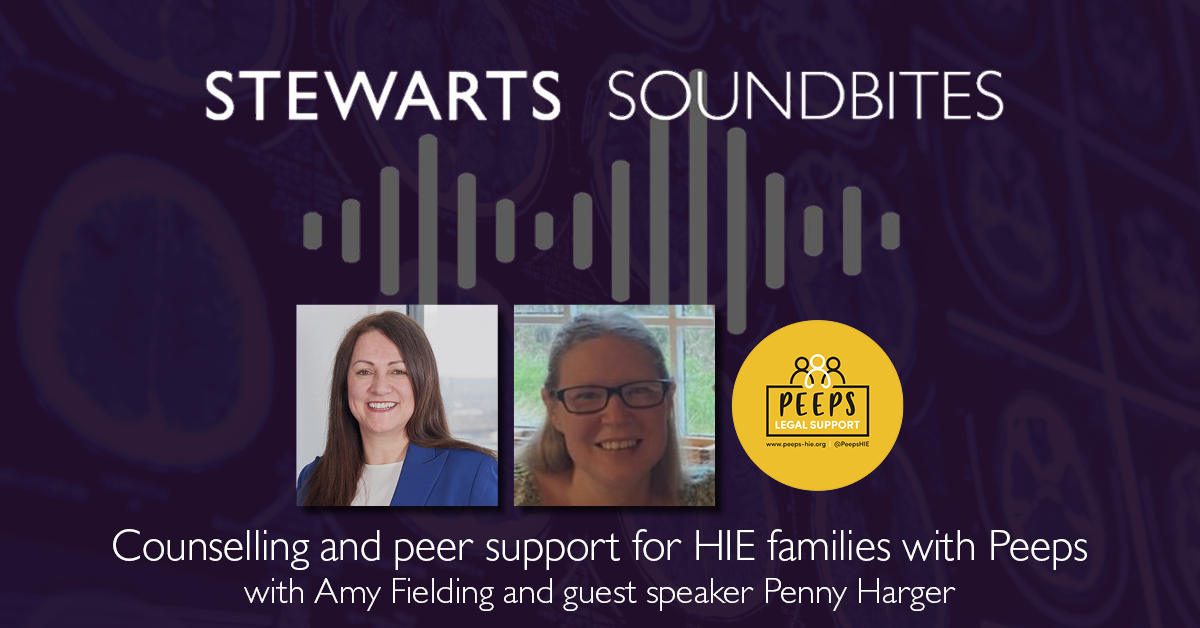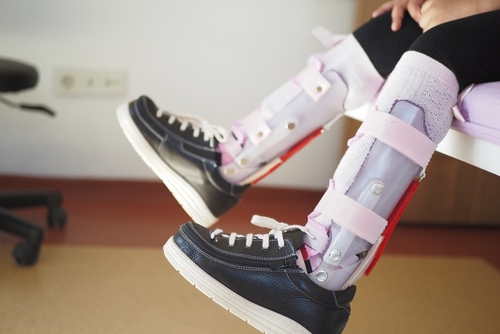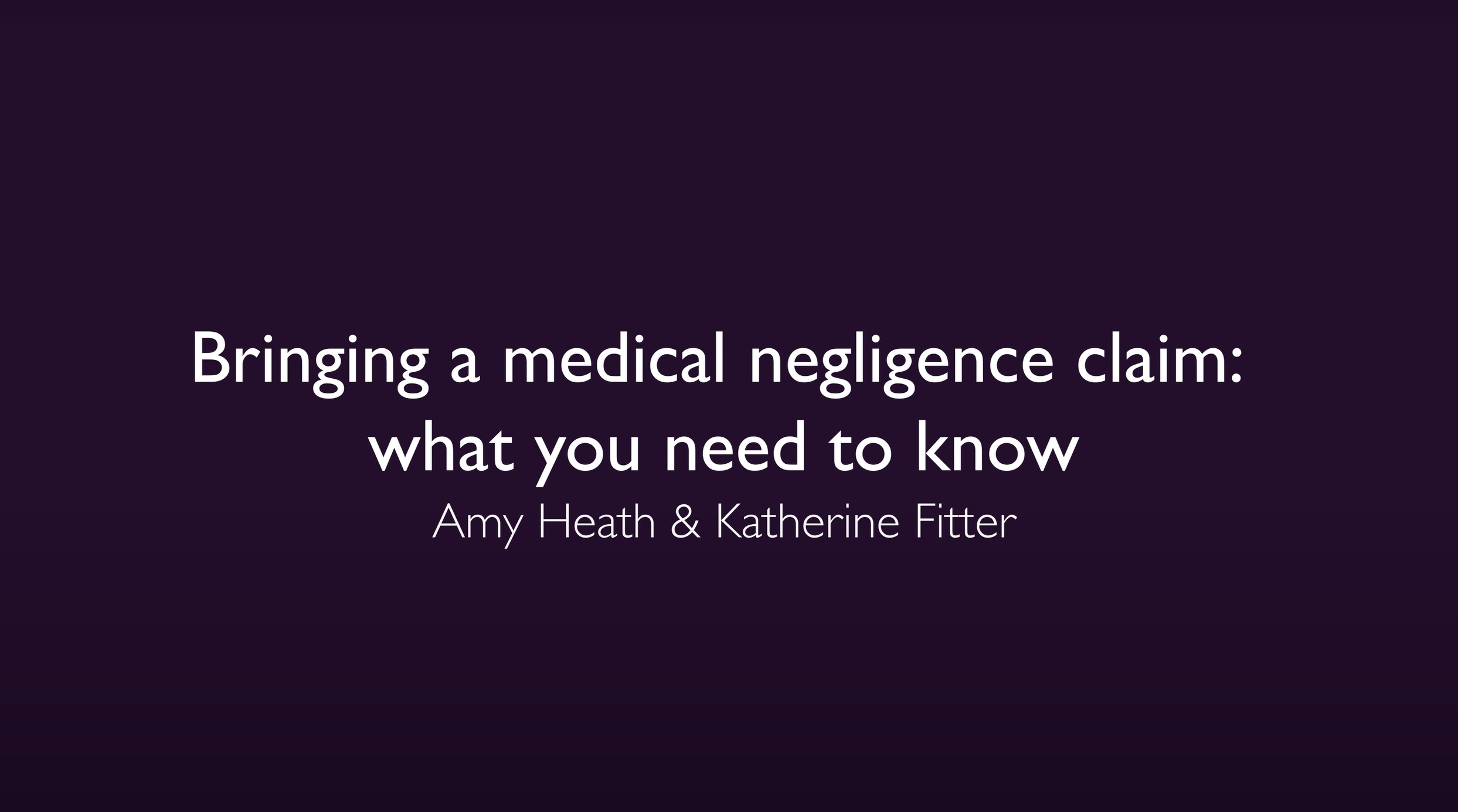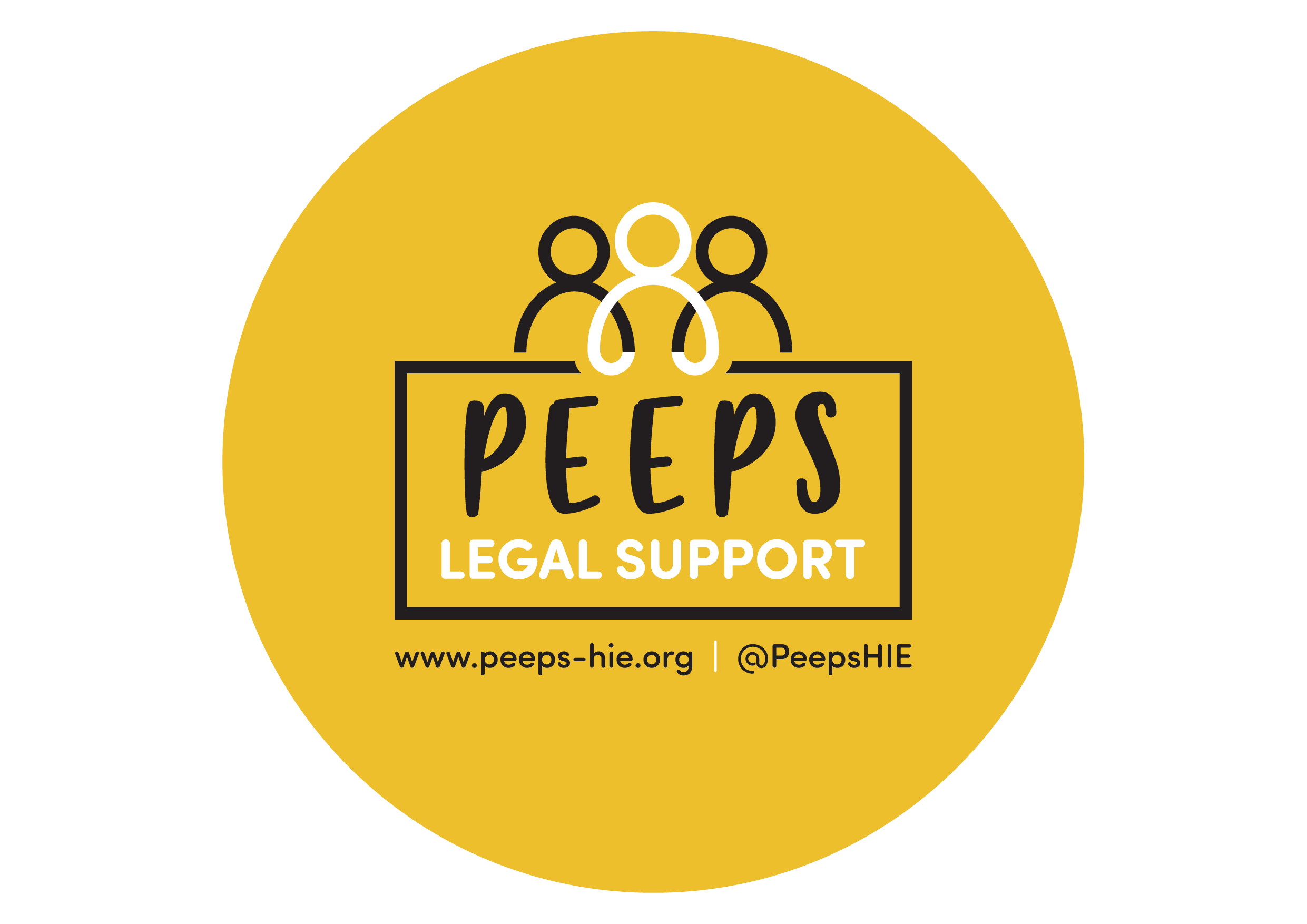Sometimes referred to as ‘asphyxia’ or ‘birth asphyxia’, hypoxic-ischaemic encephalopathy (HIE) is when a baby’s brain has insufficient oxygen or blood flow and can occur before, during or shortly after labour. Founded by Peeps, HIE Awareness Day is marked annually on 4 April and represents an opportunity to support families affected by this form of brain injury.
Peeps is the only UK charity dedicated to supporting those affected by HIE. Stewarts is a proud member of the Peeps legal panel, helping families navigate any potential legal claims and providing any other legal support they may require. Throughout April our Head of Clinical Negligence Anita Jewitt will be hosting free legal clinics for Peeps families (appointments can be booked by email).
In this article, Katherine Fitter explains what can lead to an HIE diagnosis and what support is available to parents of babies who have been affected by HIE.
What are the causes of HIE?
HIE can be caused by various factors, all of which lead to a lack of oxygen and blood flow to the brain. Some of the common causes include:
- Placental abruption: When the placenta detaches from the uterus prematurely.
- Umbilical cord prolapse: When the umbilical cord slips down through the cervix before the baby.
- Uterine rupture: A tear in the uterus.
- Shoulder dystocia: When the baby’s shoulder gets stuck during delivery.
- Maternal blood clotting disorders: Conditions affecting the mother’s ability to clot blood.
- Trauma during delivery: Physical injury during childbirth.
- Sudden unexpected postnatal collapse (SUPC)
What symptoms can lead to an HIE diagnosis?
While there is no exhaustive list of symptoms, some of the most common signs for a baby experiencing HIE can include:
- Lethargy or decreased responsiveness
- Seizures
- Poor reflexes
- Abnormal muscle tone
Severity of HIE can vary from grade 1 (mild) to 3 (severe). Where HIE symptoms do present, medical professionals can conduct tests to assess the extent of any brain injury.
How can HIE be treated?
HIE treatment primarily involves therapeutic hypothermia, also known as cooling treatment. This method lowers the baby’s temperature for 72 hours using cooling mats or jackets.
Unfortunately, there is no known cure for HIE yet, but early intervention can make a significant difference and treatment has been shown to limit the extent of brain injury.
Will HIE have long-term effects?
This again varies on a case-by-case basis: some babies affected by an HIE event will experience no long-term side effects. Others may be diagnosed with conditions caused by HIE, such as cerebral palsy, much later in life. The extent of these effects can differ greatly from one child to another.
What help is available to families affected by HIE?
Peeps aims to ensure that no family feels alone in their journey with HIE. Their services include provision of detailed information about HIE (including translations) as well as:
- Peer support: Families can connect with others who have experienced HIE, offering mutual support and understanding.
- Counselling and therapy: Professional counselling and therapy services are available to help families cope with the emotional challenges of HIE.
- Financial assistance: Peeps offers funding for necessary equipment and other financial support to ease the burden on affected families.
- Events and community activities: To connect families, raise awareness, and provide a sense of community
- Legal advice: Free clinics are available to assist families with compensation claims and other legal matters.
More information on services provided by Peeps is included in our earlier article.
Can you bring a medical negligence claim following an HIE diagnosis?
Our team can help advise families who have been affected by HIE. We can help you navigate any potential legal claims and provide any other legal support that may be required.
The first step in a claim will be investigating the circumstances surrounding your baby’s birth and the medical care provided. If the investigation confirms grounds for a claim, we will notify the parties identified as responsible and invite them to admit liability. Compensation can be sought to cover future medical treatment, therapy, long-term care, and other needs your child may have arising from the effects of HIE.
Stewarts Soundbites: Counselling and peer support for HIE families with Peeps
In a special edition of Soundbites, Amy Fielding meets Peeps relationship officer Penny Harger to learn more about the only UK-based charity dedicated to helping support families affected by hypoxic-ischemic encephalopathy (HIE).
You can find further information regarding our expertise, experience and team on our Clinical Negligence page.
If you require assistance from our team, please contact us.
Subscribe – In order to receive our news straight to your inbox, subscribe here. Our newsletters are sent no more than once a month.







